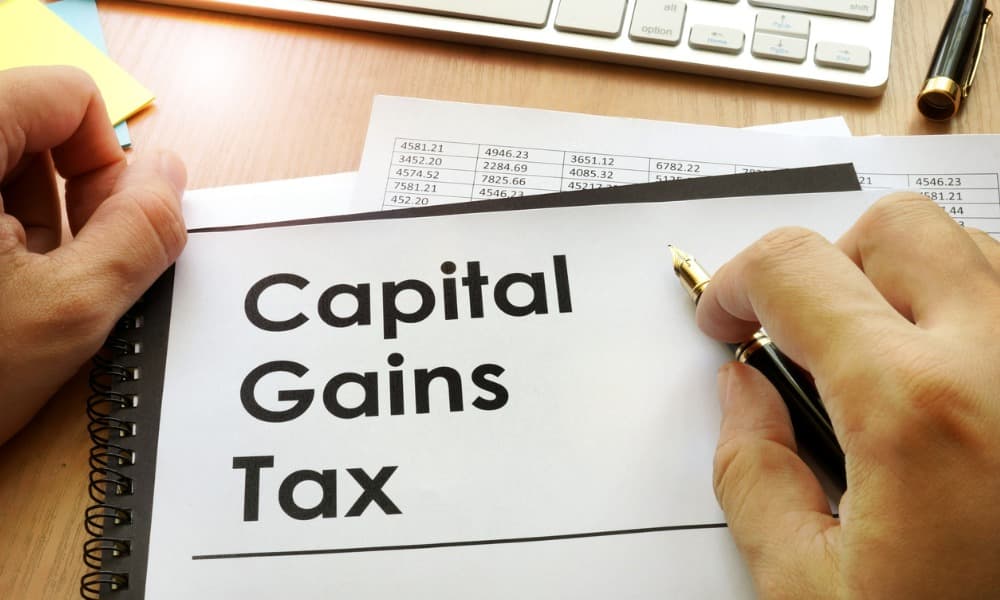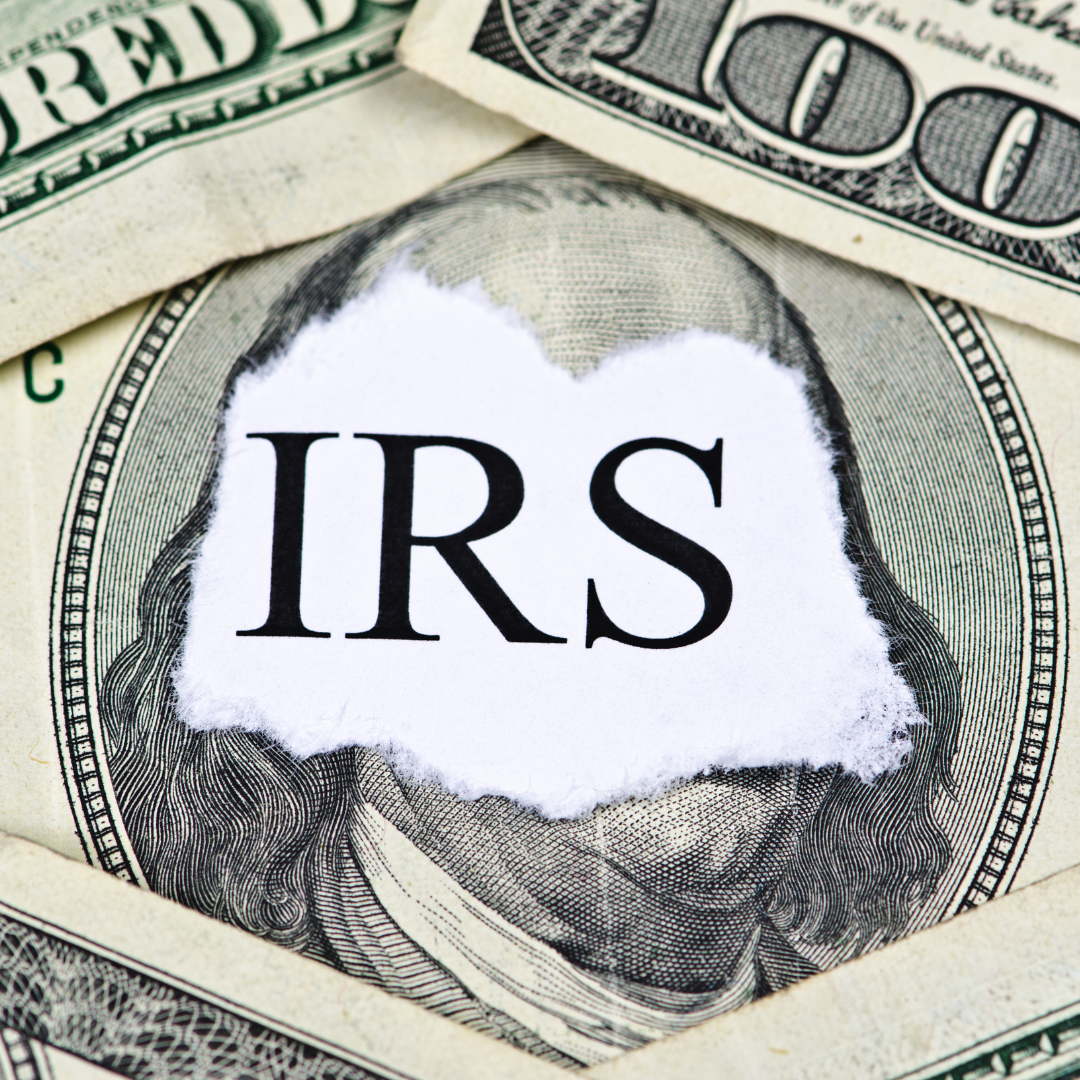The U.S. government developed the Research and Development Tax Credit (R&D Tax Credit) to allow some qualifying businesses to ease their tax burden. These businesses are generally involved in scientific research, but the credit may apply to various industries. Lawmakers created it to encourage innovation and the improvement of technologies, products, and processes.
The R&D Tax Credit was first introduced in 1981 by the federal government to encourage innovation and boost the number of technical jobs available. The Protecting Americans from Tax Hikes (PATH) Act of 2015 then made the credit permanent and expanded it. The credit is an incentive for companies to take risks to foster innovation and research needed to keep technology moving forward.
The R&D credit is a dollar-for-dollar reduction in a qualifying business’s tax liability for certain expenses, as with other tax credits. This credit is thus a way for companies to significantly reduce their tax bill each year. This guide will provide an overview of the R&D Tax Credit, who qualifies for it, and how to claim it if you have incurred qualifying expenses.

Qualification Requirements for the R&D Tax Credit
The R&D Tax Credit is available to certain businesses involved in research and inventions. This can be a pretty broad definition, so it is best understood under the following categories of requirements:
Types of Qualifying Businesses
Companies and organizations that develop new or improved products, formulas, software, techniques, inventions, processes, and the like qualify for the R&D Tax Credit. Any business developing new or improved trade processes, products, or technologies may qualify. This includes improving the performance of existing processes or the quality of products.
Types of Eligible Expenses
Expenses that qualify for the tax credit include expenditures related to the development or design of new techniques, products, improvements, technologies, software, and the like. These expenses are also known as Qualified Research Expenses (QRE), and examples include:
- Employee wages paid for these services
- Supplies used in these processes
- Contract research expenses paid to perform qualifying activities (65% of costs incurred)
- Basic research payments made to institutions (75% of costs incurred)
Other Requirements
Organizations must show that the qualifying activities:
- Resolve an uncertainty in technology or methodology
- Rely on hard science
- Relate to the development of a new product, process, software, technology, and the like
- Qualify as an experimentation process that involves testing and evaluation of alternatives
Organizations that conduct such research-related activities will likely qualify for the R&D Tax Credit if they meet these requirements and claim only eligible expenses related to them. Certain activities are specifically excluded, discussed more later.

3 Steps to Claiming the R&D Tax Credit
The R&D Tax Credit can be applied to current and prior tax years if you believe you can claim qualified expenses. Here is a brief overview of the process when you’re ready to claim the credit on your tax return:
1. Identify Eligible Expenses
Start by identifying all QREs you need to report. Keep in mind that the company must incur these expenses for qualified research activities conducted for “discovering information that is technological in nature” and must be intended for use in “developing a new or improved business component of the taxpayer,” as stated by the IRS. All activity elements must be related to the experimentation of a “new or improved function, performance, reliability, or quality.”
2. Gather Documentation
Make sure you collect and track all documentation for these eligible expenses, including payroll records, receipts, project notes, and other records that support the claims.
3. Use Form 6765
IRS Form 6765, Credit for Increasing Research Activities, is the document you’ll need to claim this credit. You can claim the regular credit in Section A of the form, or claim the alternative simplified credit (ASC) in Section B. You can claim the ASC on an amended return for a tax year if you haven’t claimed the credit on an original or amended return for that tax year. You will then follow the instructions on the form to enter eligible expenses, then indicate whether you are a qualified small business electing the payroll tax credit. Attach this form to your tax return.
It is always crucial to be diligent in the expenses you report as part of the R&D Tax Credit. Make sure your records are accurate and stored in one place. Eligible small businesses (those with \$50 million or less in gross receipts over the last three years) may claim this tax credit against the Alternative Minimum Tax (AMT) liability as of 2016.

Activities Excluded From the R&D Tax Credit
Determining what is “qualified research” can be a challenge. The IRS Has outlined the following as activities that are specifically excluded from the R&D Tax Credit to help you narrow down what may be eligible:
- Research carried out after the start of commercial production
- Research that adapts an existing product or process to a customer’s need
- Duplication of existing products or processes
- Surveys or studies
- Research related to certain internal-use computer software
- Research conducted outside the U.S., Puerto Rico, or a U.S. possession
- Research in the areas of social sciences, arts, or humanities
- Research funded by another person (or governmental entity)
Many eligible institutions and expenses are related to science, but not all activities must be scientific to qualify. This list of exclusions will help you determine if the innovative projects your organization is taking on qualify for this tax credit. It’s always best to talk to a tax expert for the final say if you’re unsure.

Contact Silver Tax Group With Questions About the R&D Tax Credit
The R&D Tax Credit requirements can be complicated, as with anything related to taxes. Silver Tax Group has assembled an exceptional team of tax attorneys who help clients nationwide get the credits and deductions they deserve to keep their tax obligations to a minimum.
Our tax pros will assess your situation and chart a course to the best financial outcome. Reach out and contact us to speak to an expert about the R&D Tax Credit or any other tax-related question you may have.








